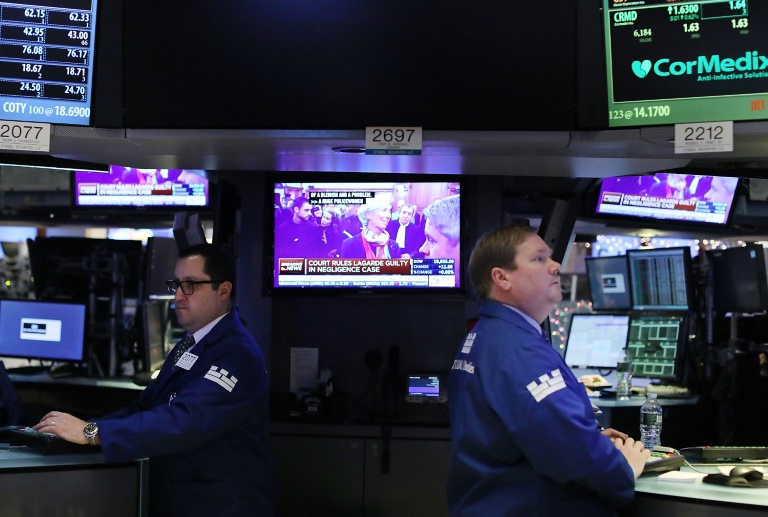This week, the Financial Times reported that consulting firm EY fired dozens of employees in the U.S. over what seemed like a minor offense. The employees in question had attended online trainings as part of a professional development event, but they joined multiple sessions simultaneously.
EY employees are expected to take advantage of opportunities like this one—and need to complete a certain number of course credits annually—but the employees told the Financial Times they weren’t trying to game the system or find a shortcut to meeting those requirements. In fact, they weren’t even aware that it was an issue to attend two sessions at once. Former employees even told the Times that they were “encouraged to join as many sessions as possible,” and that the company fostered “a culture of multitasking.”
EY, for its part, told Fast Company that “appropriate disciplinary action will be taken on any violation of our Code of Conduct and/or U.S. Learning Policy,” and that the employees who were terminated had violated those policies. “At EY, our core values of integrity and ethics are at the forefront of everything we do,” a spokesperson added.
If this incident sounds familiar, it might be because EY isn’t the only employer that seems to be taking a hard-line approach to cracking down on the misuse of benefits. Just last week, another report revealed that Meta had fired more than 20 employees who had taken advantage of the company’s meal vouchers, putting the money toward household supplies like toothpaste, laundry detergent, and tea—instead of using it for lunch or dinner purchases as designed. The vouchers were typically given to employees who worked at smaller offices without a cafeteria, enabling them to order food while at work. (Meta did not immediately respond to a request for comment.)
Crackdowns on corporate perks
This kind of disciplinary action is happening as employers like Meta continue to trim head count, with the company quietly issuing yet another round of layoffs last week, just as news of the firings surfaced. The crackdown on company perks also comes as companies have shelved many of the lavish perks that were once common in Big Tech.
Over the past two years, Meta has nixed benefits like free laundry and dry cleaning services and made it more difficult for employees to stock up on free food; employees have reportedly complained about a decline in cafeteria options and the number of snacks that are available in the office. Meanwhile, Google has pulled back on employee perks like fitness classes and office supplies, even replacing laptops and other equipment less frequently. The tech giant also stopped giving employees their choice of devices when issuing laptops or desktop computers.
Some of these changes seem to be a result of the drastic shift that workplaces have undergone in recent years, as hybrid models have become the norm. With fewer employees coming into the office on certain days, it makes sense that companies might reevaluate employee perks like free yoga classes and extravagant cafeteria offerings.







